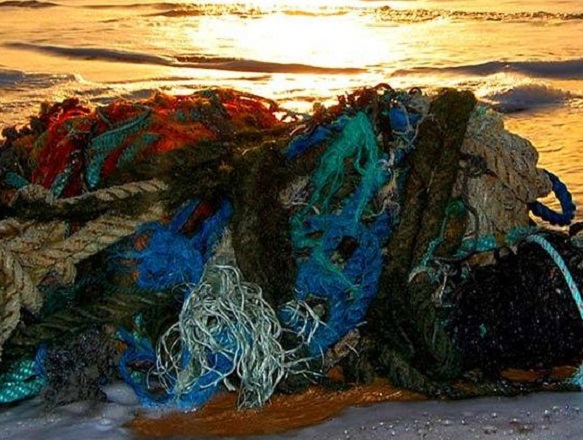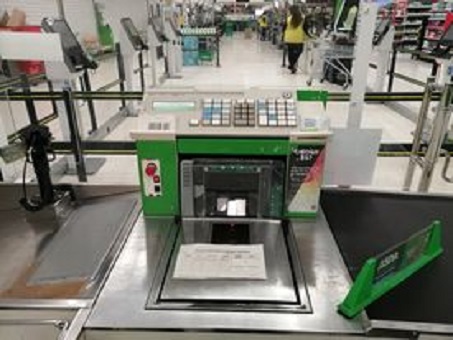Reducing plastic pollution? And does it even matter?

In October 2015 a mandatory 5p charge for single use plastic carrier bags was introduced for retailers in England employing 250 or more staff. The other UK nations had already imposed the charge. The Government’s aim was to reduce the amount of harmful plastic in circulation and harming the environment.
Has it worked?
The Government claims that the charge has been a great success as sales of single use bags have decreased from 7.64bn to 0.5bn a year since then, a fall of over 90% Thats 10 per shopper compared to 140 when the charge was introduced. But …
Supermarkets are now thought to be selling over 1bn reusable “bags for life” a year.Thats 44 for every UK household. They contain more plastic than the single use bags and cause more environmental damage if they are not reused several times.
Supermarkets are keeping quiet about the exact numbers, but Iceland has admitted that it is using more plastic in its bags than before the charge. And Morrisons are now producing paper bags because bags for life are “only used once”.
Single use bags may also be supplied for free for certain items such as raw meat and fish and loose fruit and vegetables. In practice many cashiers bag these items for customers without asking them if they want a bag. It means that someone buying bacon that is vacuum packed is likely to be given a free single use bag (albeit much smaller than the bags that were previously supplied). There are no easily available figures for the numbers given out.
The Government is now consulting on its proposal to extend the charge to all shops and increase the charge to 10p.
What about other countries?
Some countries ban single use plastic altogether – and they’re probably not the countries that you’d expect. Flood prone Bangladesh banned them because they were causing havoc to their drainage systems during times of flood. Other countries to ban them include China, Kenya, Rwanda and South Africa. In the USA they are banned in California.
Does it matter?
Plastic is made from petrochemicals and contains toxic substances. It breaks down rather than biodegrades. It is thought to take 400 years or more for the plastic to biodegrade, and that is the shortest estimate that we found.
If it is incinerated it pollutes the atmosphere.
Small particles of plastic in landfill seep into the ground and contaminate the water supply. It is in our drinking water, including bottled water. It contaminates agricultural land and traps animals and birds. Particles from synthetic materials in clothes are estimated to cause 1600 tons of plastic to enter our rivers and estuaries every year in the UK.
8m tons of plastic enter the oceans every year and cause havoc with sea life.
Has COVID19 changed anything?
Yes.
The price of oil has collapsed, meaning that the cost of “virgin” (non recycled) plastic packaging has fallen dramatically at a time when the recycling industry has been locked down.
Every month 129bn face masks and 65bn gloves are being used and discarded, in many cases recklessly. There is evidence that these as well as protective suits, hand sanitiser holders and plastic in testing kits are adding to the disaster facing our oceans.
In the USA the plastic industry lobby has campaigned for an increased use of single use plastic bags, claiming that they are safer than reusable bags, and several states that were planning a ban, have put their plans on hold.
What about biodegradable plastic bags?
They need oxygen and sunlight to biodegrade, so in landfill they’re no better than other plastics.
See also our later posts Environmental benefits of bamboo and Olive trees and cork oak forests as well as A green recovery plan for the UK? from Setember 2020

